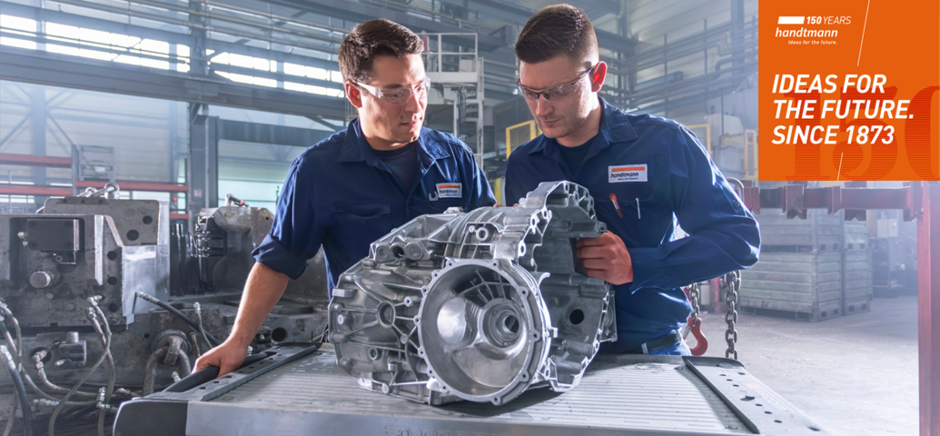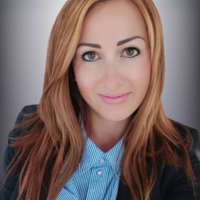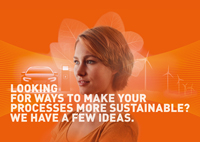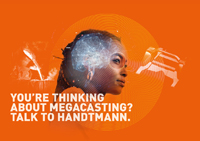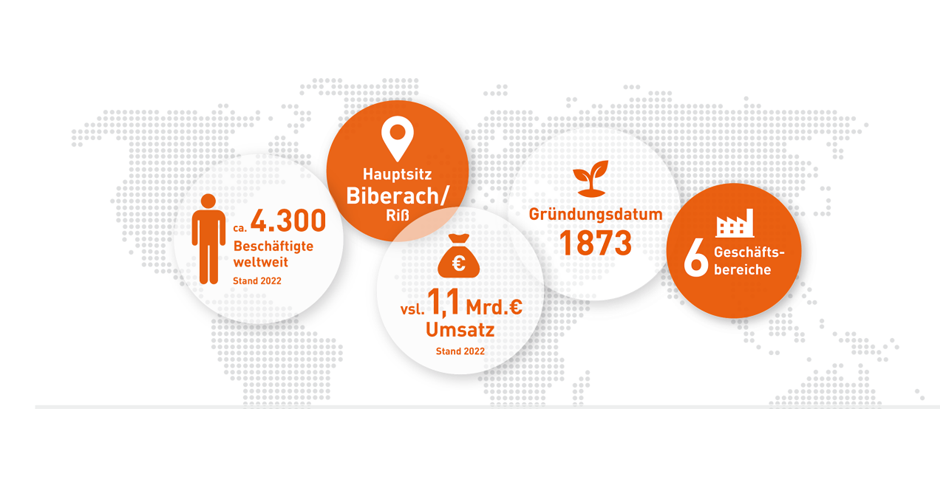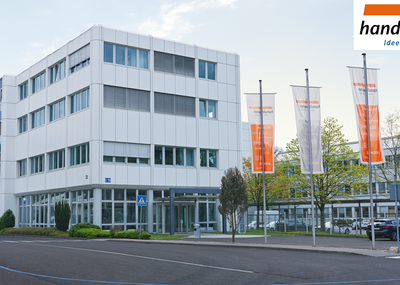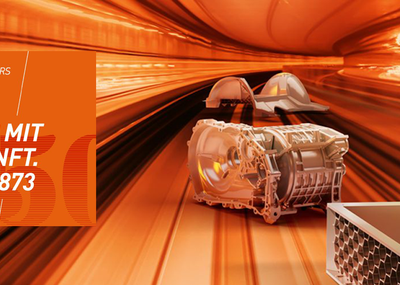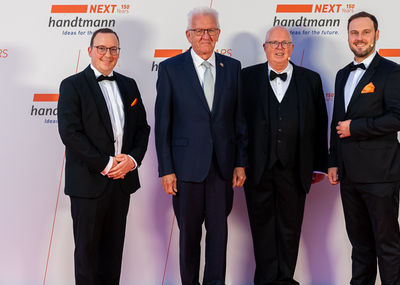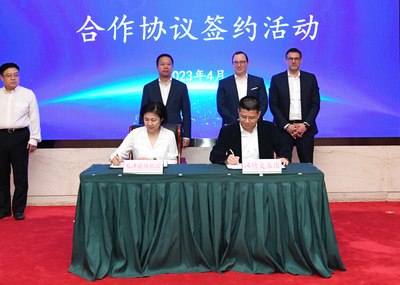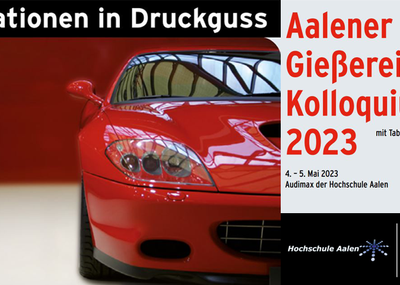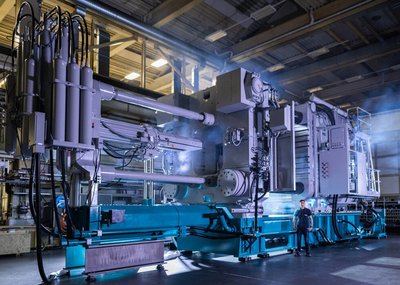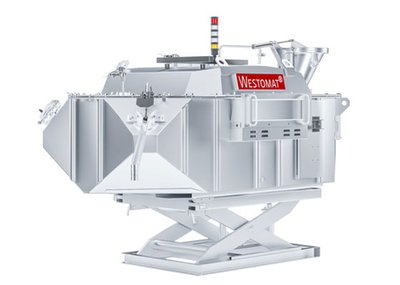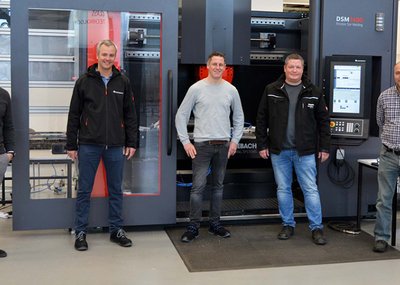Denis Hopp: The entire industry is changing. MEGA or GIGA casting are the topics that are being well discussed at the moment. BMW has developed so-called "injector casting" for e-mobility. There are also improved filling processes. Now, we can see that there is a lot of external input flowing into the foundries, not all of it promising or targeted. We have to keep deciding which technologies are interesting for us and in which direction we want to develop. Until recently, we still had the Lost Foam process. Sometimes you have to abandon old technologies. Recently, I had the opportunity to see the production of the 5th generation of BMW electric motor housings. It is very impressive that the "entire process" at BMW - from the production of the cores to the testing of the castings - is interlinked.
Foundry-Planet: It is exciting to see the variety of ongoing processes. We are in a time of transformation. How do you manage this as a company when the number of castings for ICEs is declining? Are there other technologies that could be an alternative?
Denis Hopp: Melt conditioning is one such possible alternative. We are currently evaluating the different technologies for melt pre-treatment very intensively.
"Even if we "only" stay in our core business, we are looking at a promising future, especially because there are good substitutes in the aluminium sector."
Foundry-Planet: Recently we had an interesting conversation about casting washbasins. Do you think it will go in that direction in the future?
Katharina Faerber: The proportion of aluminium in vehicles will increase. Of course, we look in all product groups of the vehicle, even those that were not accessible to us until now. Because entry barriers can be overcome by developing processes.
Denis Hopp: Basically, other markets can also be interesting for us. One example is the field of communication with the housings for 5G technology. Lightweight construction plays an important role for us not only in automotive construction. After all, there are interesting housings to cast for electromobility in the truck sector as well.
Of course, customers who buy a large number of units are the most interesting for us. But even if we "only" stay in our core business, we are looking at a promising future, especially because there are good substitutes for e-mobility in the aluminium sector, compared to iron casting.
Foundry-Planet: This shows that your company is on the right way by entering as Tier ONE in MEGA casting. With the new plant, the first step has already been taken. Does that mean that many more steps will follow?
Katharina Faerber: Handtmann will continuously invest in the further development of megacasting as well as the processes that go beyond it. The mega-casting plant will be set up in Biberach at the beginning of 2024. We welcome you to visit the plant!
Foundry-Planet: Thank you very much, it’s a pleasure for us to come! Last question: The competition between die casting and gravity die casting: How do you deal with that?
Denis Hopp: We handle it calmly because we serve different product groups. In my opinion, there is no internal competition. When necessary, we choose the method that is better for us.
Katharina Faerber: Gravity die casting can be an alternative, but we are primarily die casters.
Foundry-Planet: Thank you for the interview!
The interview was conducted by Thomas Fritsch, CEO, Foundry-Planet and Diana Engelmann, International Editor, also Foundry-Planet.

